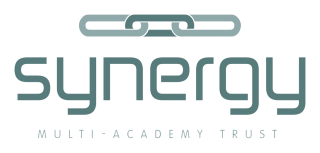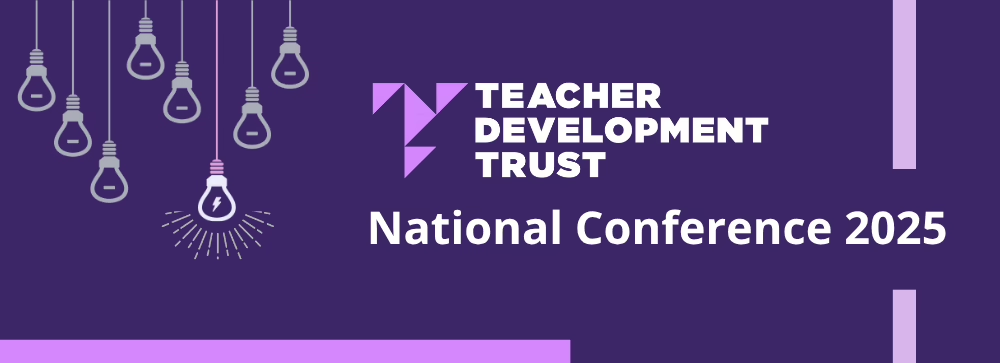Over more than a decade of serving the education sector, we’ve worked with hundreds of leaders to build stronger schools through effective professional development. Read about some of their stories below.

Building Capacity for Change
Thomas A’Becket Infant School leads whole school staff development based on evidence and need

Fostering Professional Dialogue in an Education Setting
Children’s Hospital School builds a culture of collaborative improvement

A Culture of Professional Growth
Marling School moves from course-based CPD to a more collaborative, research-driven working environment

From Novice to Leading CPD with Confidence
How a MAT Professional Development Lead has been driving strategic improvement with help from TDT
Designed specifically to help school leaders get better at developing their staff. Inside, you can use our reflection tool to consider areas of improvement in your Leadership in developing teachers. You will also be guided to dozens of relevant expert insights, resources, and pieces of research to inform best practice, along with the option to purchase our online learning modules.
Confidence in your CPD Leadership practice is just a click away.

Join us to explore how leaders can tap into the power of great CPD and create cultures of professional growth that inspire joy and agency.
A one-day collaborative conference bringing together anyone interested in making staff development in education count.